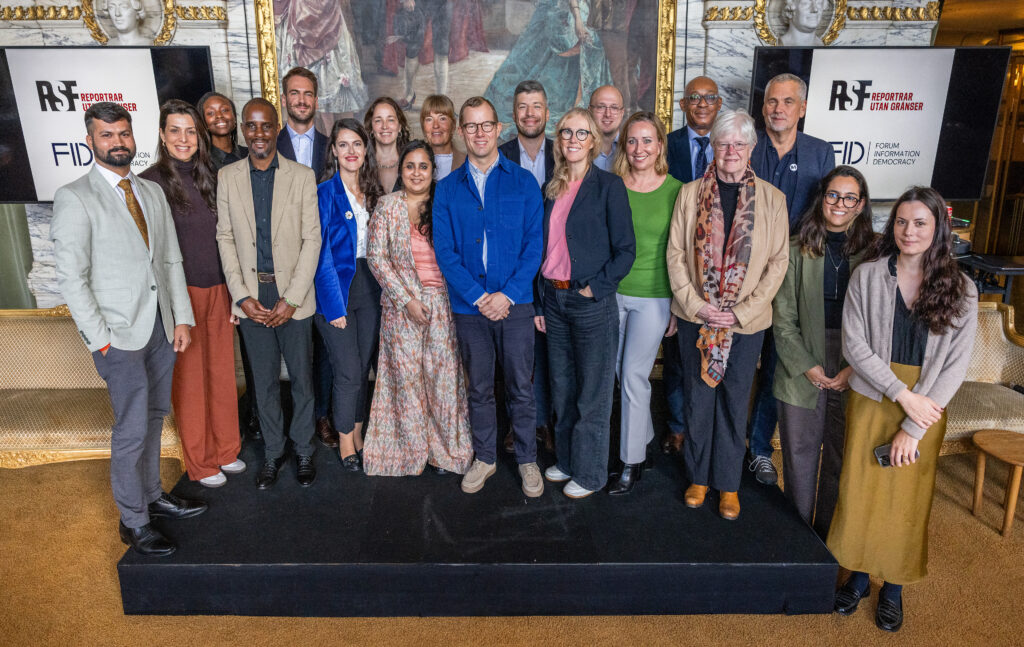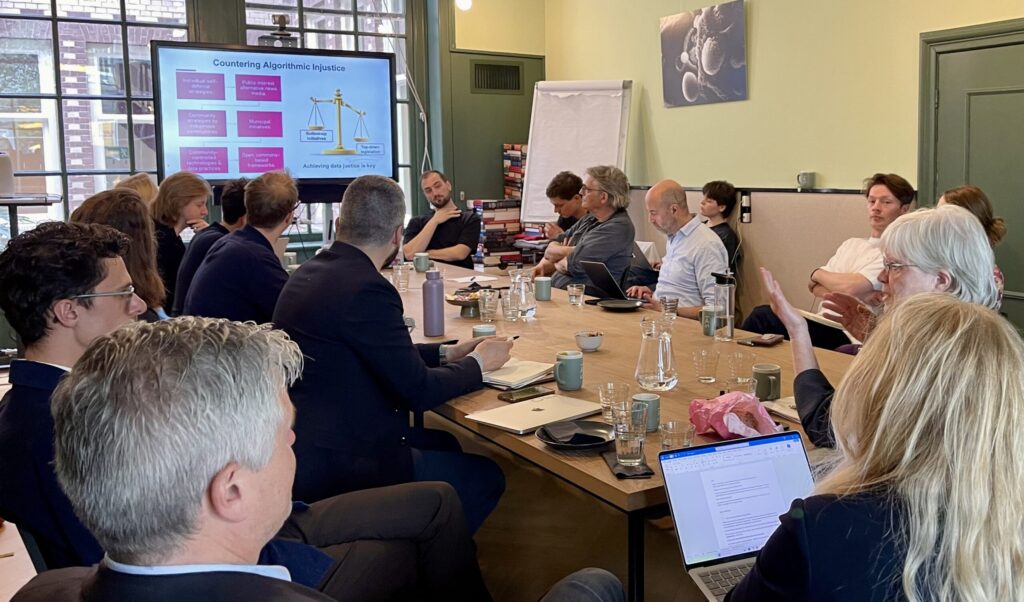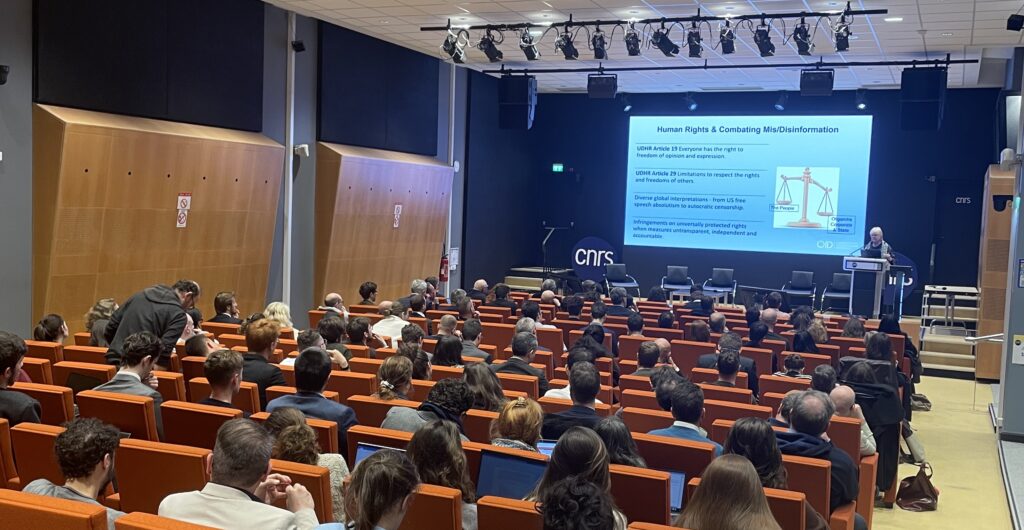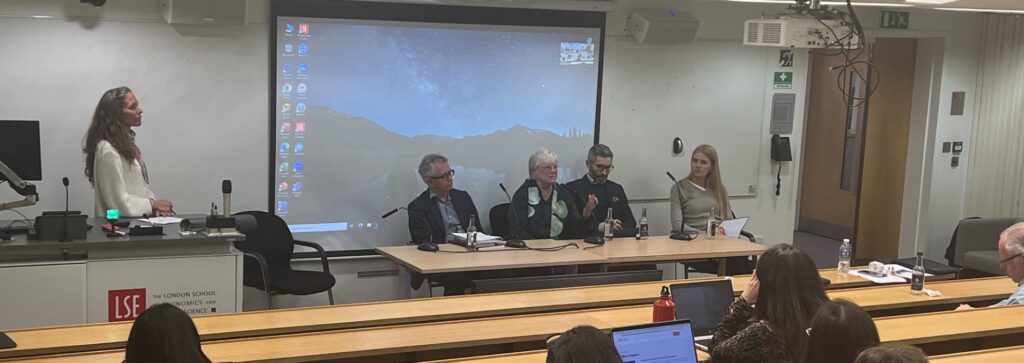London, February 11th 2025
The role of big tech in shaping our digital spaces and influencing democratic processes has become increasingly evident, with growing concerns over misinformation, hate speech, and the concentration of power in the hands of a few global corporations. Our latest report, Information Ecosystems and Troubled Democracy, delves into the complexities of this issue, providing insights from over 1,600 research citations and offering a compelling critique of how big tech companies are undermining democracy.
Based on the Observatory on Information and Democracy’s first research cycle’s results, our Scientific Director, Robin Mansell, has written an insightful article on this topic, reflecting on what the power of big tech companies means for democracy.
Big Tech’s Impact on Democracy
Whether it’s Meta’s decision to stop independent fact-checking or Elon Musk’s use of X (formerly Twitter) to promote right-wing ideologies, the market power of US-owned tech giants has been increasingly exploited in ways that challenge the core values of democratic society. While the United Nations has called for an inclusive, open, and human rights centred digital space, big tech continues to profit from exploiting data, often with little regard for the social and political harms.
In the United States, legislative measures to tackle these issues are framed as attacks on innovation, free speech, and competitiveness. Meanwhile, in the UK, the government’s attempts to secure a balance between innovation and citizen protection—such as the new Online Safety Act—highlight the ongoing struggle to address online harms while maintaining economic growth. This tension underscores the difficulty in confronting the real issue: the business models of big tech, which are centred around monetising data for profit, often at the expense of human rights.
The Case for Tackling Big Tech’s Power
The new UK legislation announced in February 2025 to address the use of AI tools in creating harmful child sexual abuse images online is a step in the right direction. However, as our report points out and Mansell reiterates, such piecemeal measures will not address the root causes of harm. Big tech companies have immense financial and political power, and their reluctance to regulate themselves means that any regulatory efforts must be more robust and comprehensive. Instead of focusing solely on technological solutions, we must confront the power asymmetries that allow these companies to thrive unchecked.
What Can Be Done?
To truly counter the negative effects of big tech, we need to shift the conversation from merely managing risks to dismantling the profit-driven incentives that sustain harmful online ecosystems. This means not only enhancing data protection and privacy laws but also actively supporting grassroots movements that resist the concentration of digital power. It is essential to put control back into the hands of individuals, communities, and local governments, and to ensure that big tech companies are held accountable for their impact on society.
Our Information Ecosystems and Troubled Democracy report calls for a fundamental rethinking of how we govern digital spaces, emphasising that cracking down on big tech without addressing its business model will only result in temporary fixes. The long-term solution lies in creating a fairer, more democratic digital ecosystem that prioritises human rights over corporate profit.
You can read the full article on the LSE Blog: https://blogs.lse.ac.uk/medialse/2025/02/11/will-crackdowns-on-big-tech-work/
Read our report: https://observatory.informationdemocracy.org/wp-content/uploads/2024/12/rapport_forum_information_democracy_2025.pdf





